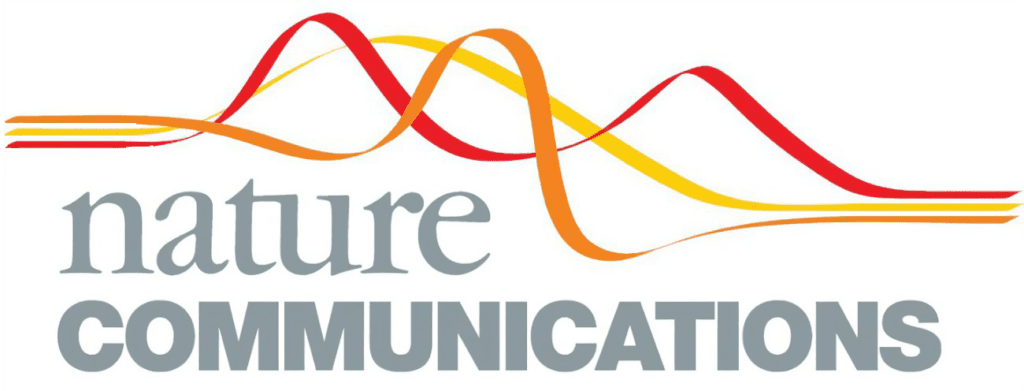
This paper reports an important research tool, the first example of a tumor line from a human fibrolamellar carcinoma (FLC) patient that can be maintained and expanded by growing the tumors in special mice with a compromised immune system. Such so-called “patient-derived xenografts” (PDX) can be used to provide large amounts of tumor tissue for laboratory studies. The system also enables testing of potential therapies for FLC in live tumor-bearing animals.
The PDX model closely resembles FLC tumors in human patients in several ways – in the appearance of cells under the microscope, in the presence of specific diagnostic markers of FLC, and in the global set of genes expressed by the transplanted tumor cells. Importantly, the line, like the original patient’s tumor, was found to carry the signature gene fusion (DNAJB1-PRKACA) that drives the cancerous behavior of FLC. The authors note strong overlaps between features of the cancer cells in the FLC PDX model with those of normal stem cells of the liver, pancreas, and bile ducts. They suggest that FLC may originate in these rare cells, which are defined in part by being able to divide extensively and give rise to large numbers of specialized (“differentiated”) cells. “Stemness” also encompasses the property of self-renewal, that is, the maintenance of a steady-state stem cell population even as many cells specialize and lose the capacity to proliferate. The strong expression of stem cell-like markers was not unique to the PDX model, but also was observed in specimens from primary FLC tumors.
The full text of the article can be read here.
Note: To make PDX models and other critical research “tools” for rare diseases like FLC, tissue donations from patients are urgently needed. Thank you to all community members who have donated tissue to FCF’s biobank and other repositories!
